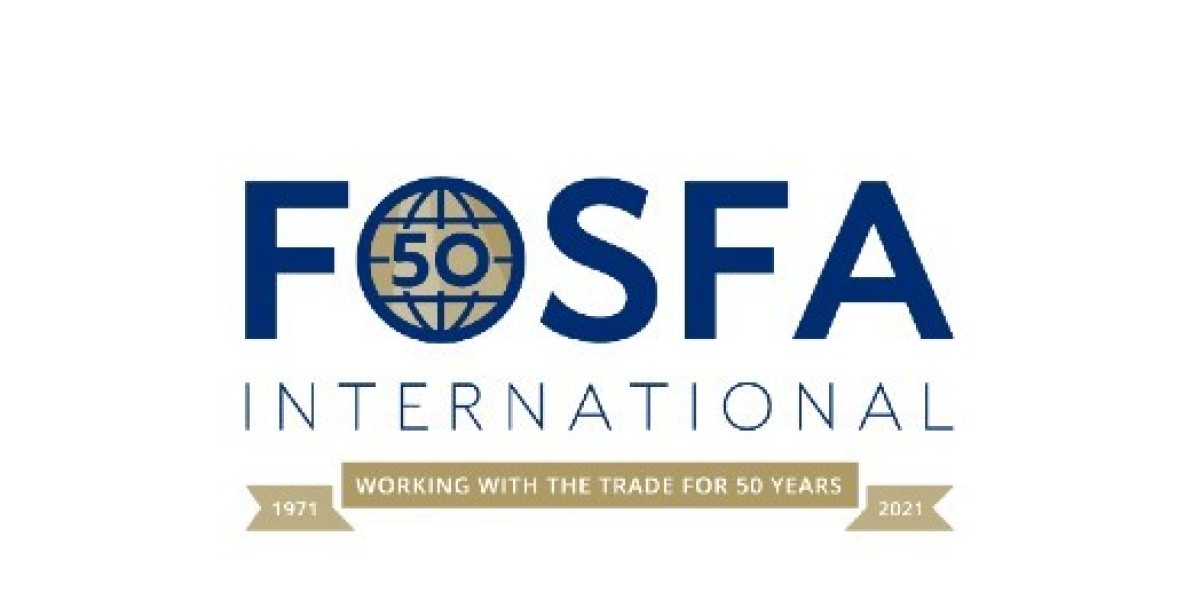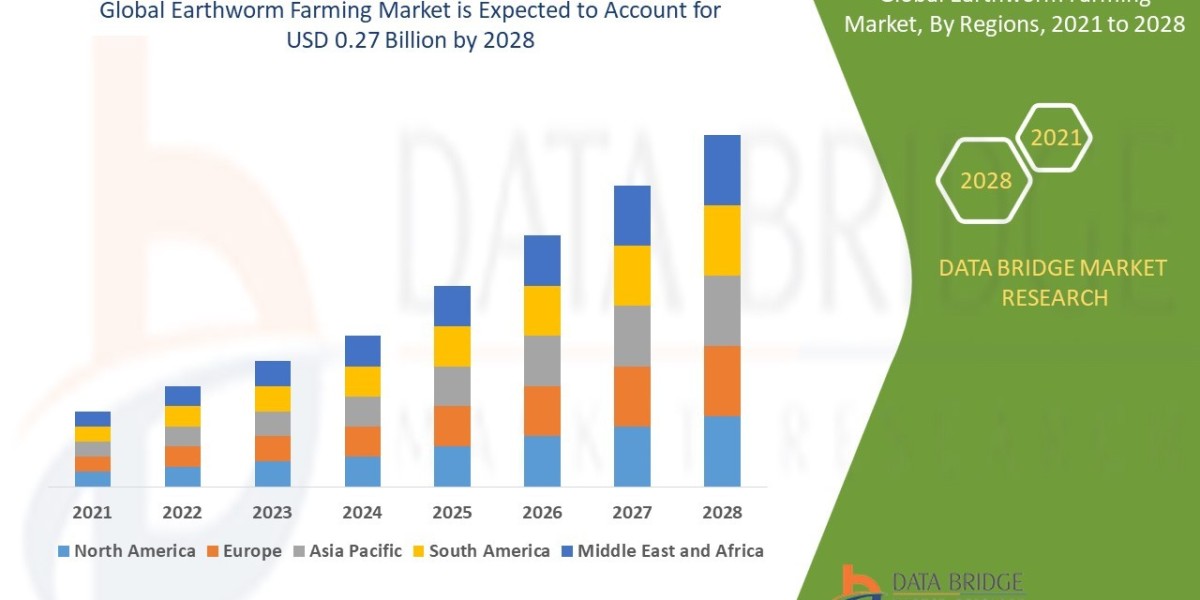The contract provides for FOSFA arbitration https://fortiorlaw.com/news/fosfa-arbitration/
What are the important things to remember?
Applicable Law and Arbitration Clause. The FOSFA Agreement stipulates that disputes between the parties shall be governed by English law.
At the same time, the FOSFA Model Arbitration Clause has its own peculiarities (the so-called “Scott v. Avery” clause). In contrast to the same GAFTA arbitration clause, the FOSFA clause prohibits parties from seeking interim measures from the courts, such as a "worldwide freeze order" (WFO). If a party includes Model FOSFA clauses in its contract but does not wish to be limited to clauses that prohibit obtaining interim measures, then the clauses in this part should be exempted from application. In the event of a breach of this provision (e.g., if a party seizes disputed goods), the other party may apply to the High Court for an "anti-suit injunction," a court order prohibiting litigation. It will not be heard outside of arbitration. Usually, the order also stipulates the costs payable by the party who violates the clause.
What rules must apply? The latest version of the Arbitration Rules is dated April 1, 2021. Please note that the rules in force at the time the contract is entered into should apply, not at the time the dispute arises. For example, if the contract was entered into in December 2020 and the dispute arose on or after April 1, 2021, his FOSFA Arbitration Rules dated April 1, 2020 would apply, not April 1, 2021 will be
The rules and pro forma are not published and are paid. Older pro forma contracts and regulations are available to FOSFA members upon request.
Please note that FOSFA regularly updates its arbitration rules and formats. Such updates may be substantial and may significantly affect the outcome of the arbitration. For example, his current FOSFA Arbitration Rules extend the time limit for quality claims from 120 days to one year.
Arbitration costs. FOSFA arbitration is he one of the cheapest commercial arbitrations in the UK. Within 30 days of submitting the claim, the claimant must pay a bond of £5,000 on the first stage and £10,000 on appeal. The costs are usually borne by the loser.
Unlike GAFTA, FOSFA does not prohibit the recovery of legal costs from the losing party, but this does not mean that the winning party will be fully reimbursed for its costs. In recovering legal costs, arbitrators consider many factors, including the conduct of the parties and the proportion of costs to claims. In fact, if a party wins, she can recover 60-80% of the costs. However, in FOSFA's arbitration practice, there were also judgments in which arbitrators refused to reimburse costs on the grounds that, in the arbitrator's opinion, the dispute was simple and did not require an attorney.








